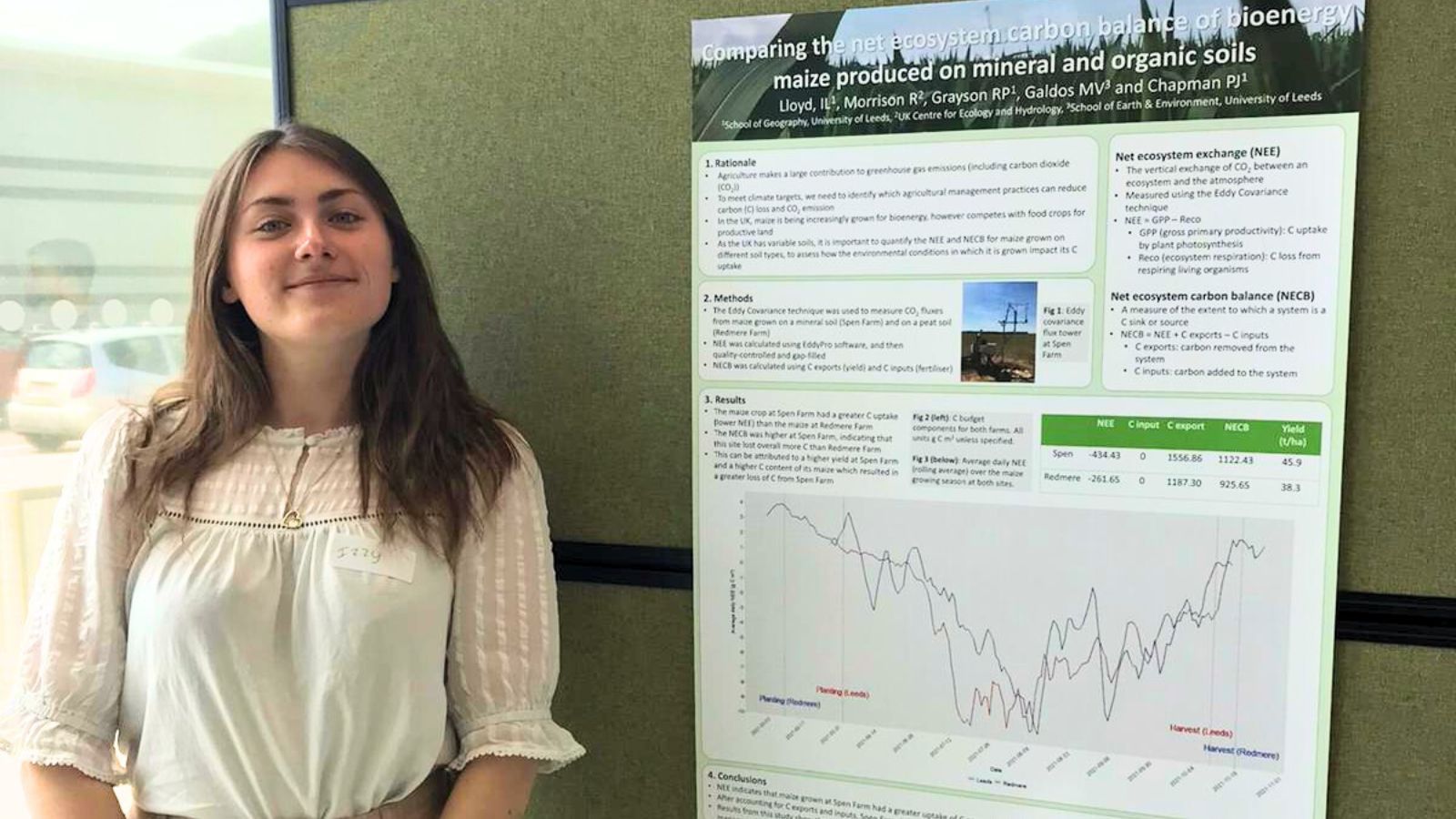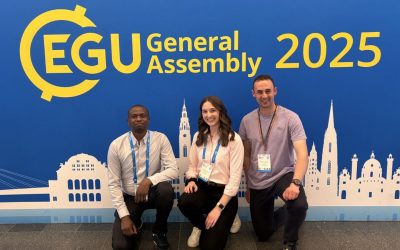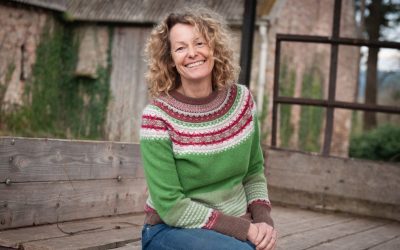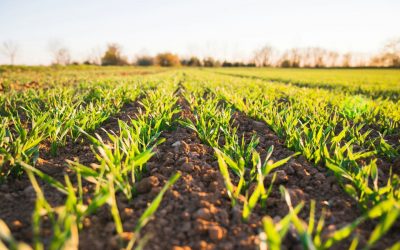Written by BSSS Early Career Committee Member, Izzy Lloyd
Hello!
As many of our Early Career members are undertaking PhDs, or might be considering applying for one, I thought I would look back on my experience of doing a PhD in the UK in the field of soil science, and a little on the viva process.
How did I find a PhD?
After completing my MSc in Soil Science, I knew that I was interested in continuing research in this field, and I particularly wanted to focus on the interactions between agriculture and soil carbon. I used www.findaphd.com to search for PhDs and set up alerts which would send me an email when something relevant was added. I then basically applied to anything with the word ‘soil’ in the title. I would advise not doing this! If you are interested in applying for a project, pick out the projects which look the most interesting and put your efforts into writing a few very good applications. I also emailed the main supervisors with any questions I had about a project, and they all responded helpfully.
What was my PhD about?
I was accepted onto a PhD focusing on greenhouse gas emissions from agricultural soils. This was the overall focus of the project, and evolved over time. Much of the project was focused on fieldwork – aside from conducting a literature review at the start of my PhD, all of my work was based on data collected in the field. I measured carbon dioxide emissions from soils using eddy covariance flux towers and nitrous oxide and methane emissions from soils using greenhouse gas chambers. Over the course of my PhD, I monitored how these emissions changed with differing agricultural management practices (e.g. tillage, fertilisation, crop type), and the climate conditions.
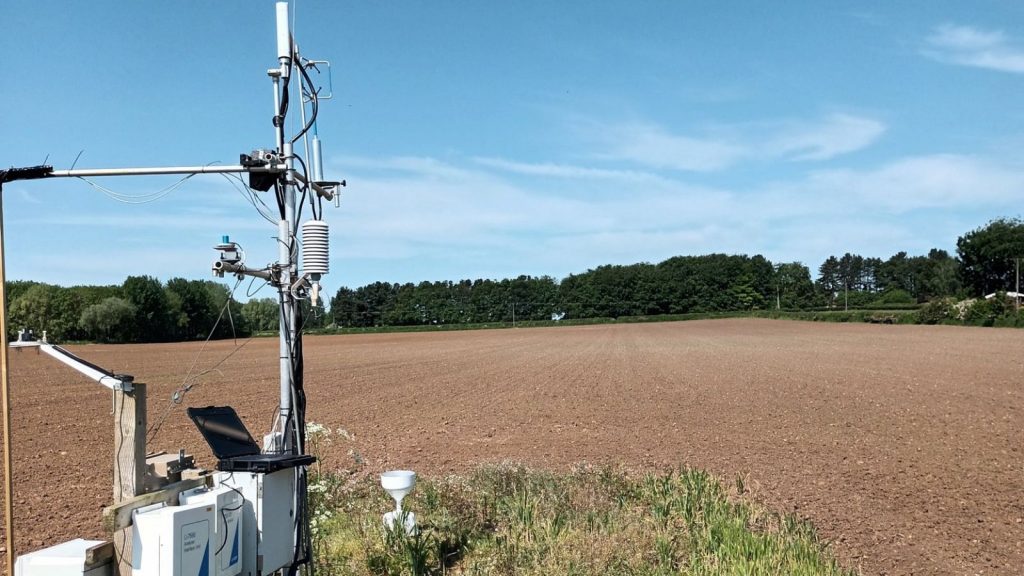
Day-to-day PhD life
Daily life during my PhD was very variable. Much of my time was spent out at my fieldwork sites, maintaining the flux towers and chambers and downloading data from them. I also did some soil sampling and took biomass samples from each of the crops as they grew in the fields, and then analysed these in the lab for carbon and nitrogen content. As my data was measured using specialist equipment, I spent a lot of time learning how to use the software required to process this data, and then did lots of data analysis and coding in R. I also did lots of writing – if you know any PhD students in their final year, they are probably spending a lot of their time doing this! Whether it was writing up chapters for my thesis or editing journal articles I had submitted for publication, my academic writing skills definitely improved a lot during my final year.
(If you are interested – you can take a look at my published chapters here and here)
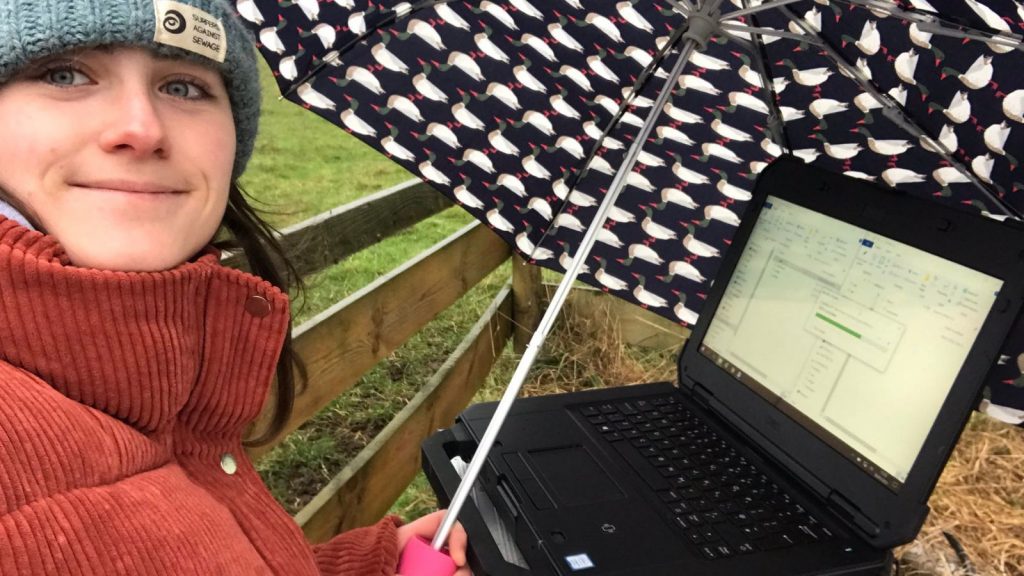
Exciting opportunities
Despite this, my PhD wasn’t 100% fieldwork or tapping away at my computer keys – there were lots of exciting opportunities I took advantage of along the way. Most universities encourage PhD students to teach, so I was able to support students in soil science lab practicals, present to them on sustainable agriculture, and give them tours of the University Farm where I was measuring greenhouse gas emissions. I also presented my work at conferences, including the World Congress of Soil Science in 2022 and RAMIRAN in 2023, and have been doing lots of work with BSSS as a member of the Early Career’s Committee. One of my highlights is putting on the Early Career’s Conference in 2023, we put in a lot of hard work and it was a huge success!
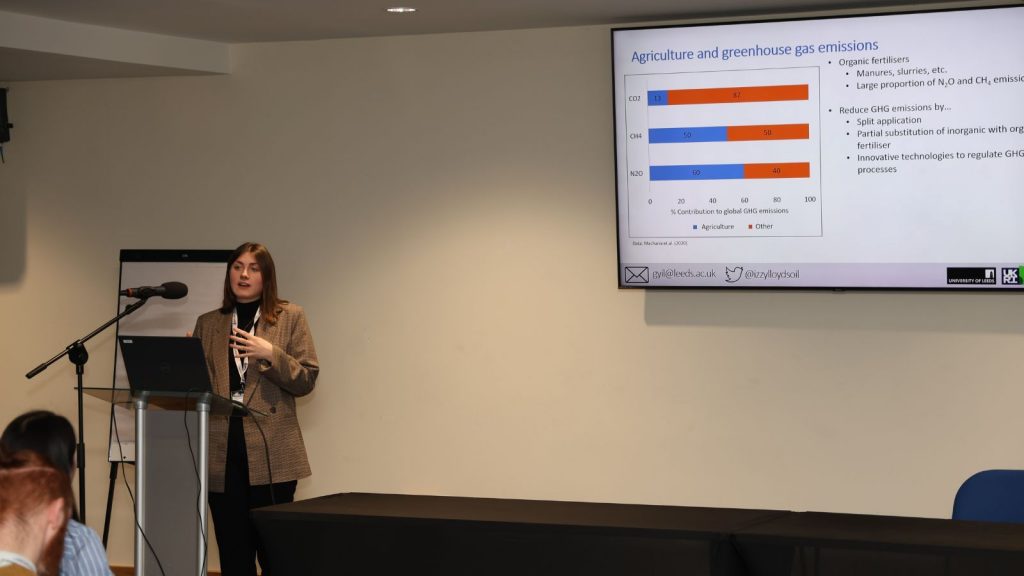
My viva
My viva was in September 2024, around 3 months after I submitted my PhD for examination. The viva lasted for about 3 hours, during which I discussed the work I had conducted over the course of my doctorate with an examiner from an external institution and an internal examiner from my university. The examiners asked me to explain and justify the methods I had chosen, discuss the reasons behind the results I had observed, and asked what I had learnt – and if I would do anything differently if I could start again! I was very nervous for my viva exam, a lot of hard work had boiled down to a morning’s conversation, but it was all worth it once my examiners had told me I had passed.
What’s next?
I am currently working with ADAS as a Soils Research Consultant and am having the best time. My job involves working on research projects for clients, ranging from contaminants in biosolids to carbon dioxide emissions from lowland peat. I am really enjoying how varied the role is, and am continuing to learn whilst developing my scientific skillset. I am also continuing to work with BSSS on their Early Career’s Committee and hoping to progress to Full Membership over the next couple of years.

